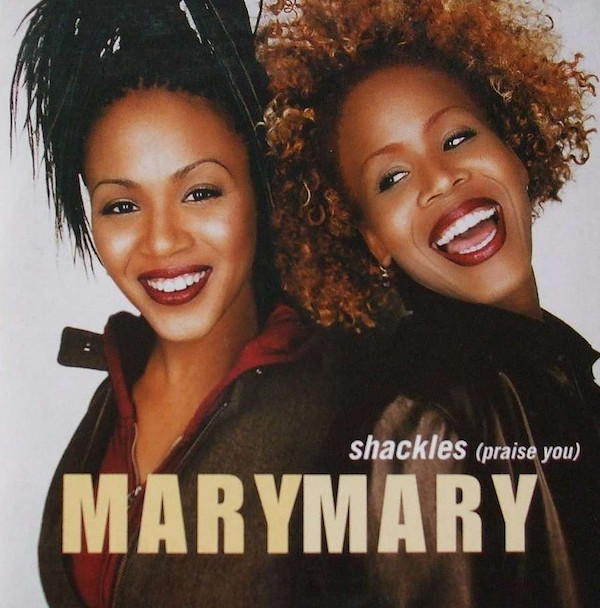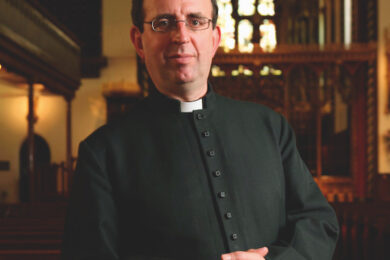5. Mary Mary

Urban gospel, I love it. I first heard this when a contestant on The X Factor sang it, who was sensational. I thought she was great and that put me onto the single. There’s something about urban Black music which I love. But urban Black gospel music, that’s a double whammy for me. We think of the church in England as such a marginal minority pursuit – like trainspotting or stamp collecting. But in Black urban music, there’s a very short distance between what’s happening in pop music and gospel. There’s something about the endurance and resilience in that music: communities which have traditionally – and still now – suffered deprivation, racism and hostility. And the music somehow is full of heart and soul and fight. So much of Black American history and prestige is associated with gospel and the civil rights movement and Motown. Those things are sacred to the Black American experience and everyone who loves it. It’s a great record.
I grew up with church music which is very ethereal and disembodied, in a way. It’s all about the mystical sound of a choir singing. I loved that sound, but what I like about gospel – particularly urban gospel – is that it’s really about the body as well and I think that’s great, I love that.
Is it a good example of how faith can still be relevant? I think faith is always relevant. I would say that, wouldn’t I? But I think it tells you that if you thought it was a spent force, or that nobody who wishes to take it seriously can take it seriously, that would be premature. It’s not gone yet and it’s still hugely powerful and persuasive for lots of people. We forget it because we’re used to living in a secular world, or what we think is a secular world.


